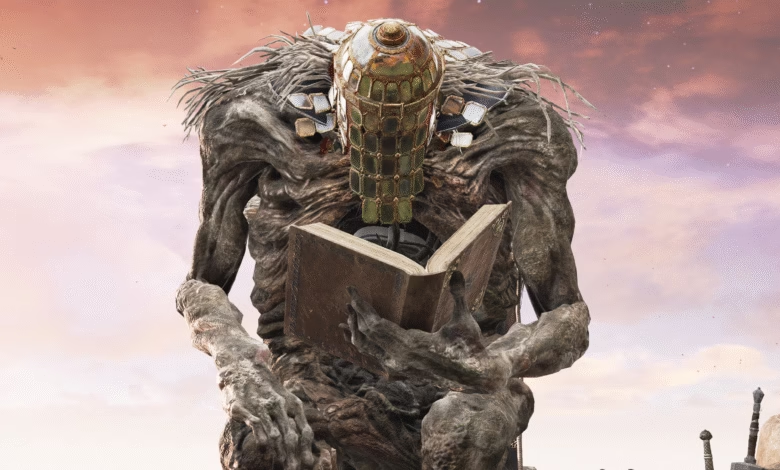Authors’ Petition Against AI in Publishing Gains 1K+ Signatures in a Day

▼ Summary
– Over 70 authors, including Dennis Lehane and Lauren Groff, signed an open letter urging publishers to reject AI-generated books, citing concerns over job displacement and stolen work.
– The petition accompanying the letter gained over 1,100 signatures in 24 hours, reflecting strong opposition to AI in creative fields like writing and audiobook narration.
– The letter criticizes AI-generated content as low-quality and simplistic, arguing it undermines art and artists despite AI’s potential societal benefits.
– Amazon has seen a surge in AI-generated copycat books, some falsely attributed to real authors, creating a chaotic and exploitative market.
– The letter also targets AI use in translation and narration, warning of job losses and inferior quality compared to human work, while calling for publisher safeguards.
A growing movement of authors is taking a stand against AI-generated content in publishing, with over 1,000 signatures collected in just one day for a petition demanding publishers reject machine-written books. The open letter, signed by prominent writers including Dennis Lehane and Lauren Groff, calls for an industry-wide commitment to human-created literature, arguing that AI undermines artistic integrity and threatens livelihoods.
The petition, hosted on Lit Hub, quickly gained traction as authors voiced concerns about the flood of low-quality, algorithmically generated books saturating platforms like Amazon. These works often plagiarize existing material or falsely attribute fabricated titles to real authors, creating confusion and devaluing genuine creative labor. The letter emphasizes that while AI has legitimate uses, replacing human artistry isn’t one of them, stating: “AI writing feels cheap because it is cheap. Simple because it’s simple to produce. That’s the point, but art isn’t meant to be mass-produced.”
Beyond text, the petition also targets AI narration in audiobooks and automated translations, which risk diluting the nuance and cultural sensitivity that human translators and voice actors bring. Audible’s recent push into AI-generated narration has sparked fears of a race to the bottom, where cost-cutting trumps quality.
The backlash reflects broader anxieties across creative industries, where generative AI threatens to displace skilled professionals. With legal frameworks lagging behind technological advances, the petition represents a grassroots effort to set ethical boundaries before automation becomes irreversible. Publishers now face a choice: uphold artistic standards or risk alienating the very creators who fuel their business.
As debates over AI’s role in entertainment intensify, the publishing industry’s response could set a precedent for other media, including gaming, where AI-generated content already looms as the next frontier of controversy. For now, authors are drawing a line in the sand, insisting that storytelling remains a fundamentally human endeavor.
(Source: PCGAMER)


